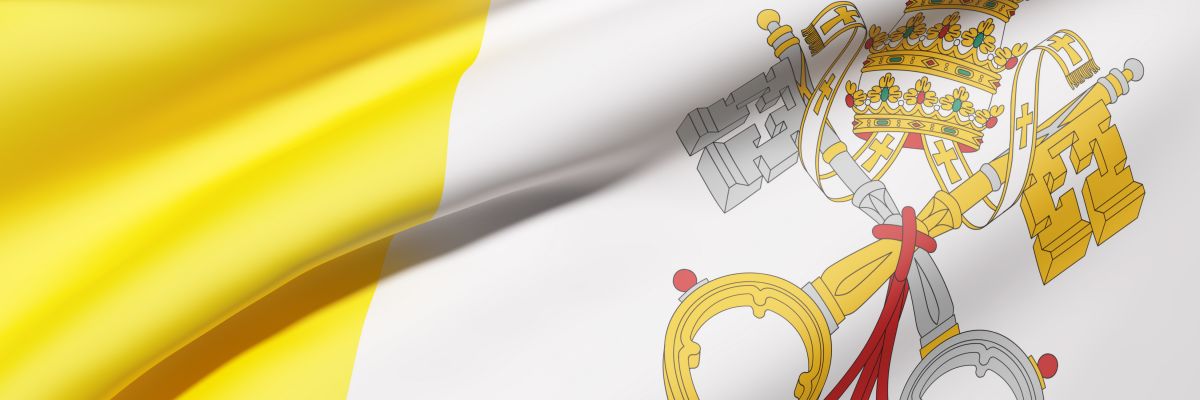
Question:
Answer:
Yes. The history of the Vatican City State in Rome, Italy, is controversial and complex, but at present [2019] it consists of slightly more than one hundred acres and a population of roughly 1,000. Citizenship is largely restricted to those employed by the Vatican. It operates, among other things, a mint, a post office, an astronomical observatory, a world-class radio station, and administers a legal system, although in criminal matters (such as the 1981 assassination attempt against the pope), Italian courts have jurisdiction. The Vatican shares the euro with Italy as its currency. Certain other properties, such as the pope’s summer residence, Castle Gandolfo, located outside of Rome, have extraterritorial status similar to that enjoyed by embassies. The Vatican enters into diplomatic relations with other sovereign states, but remains strictly neutral in political matters. The Vatican’s territorial independence is guaranteed primarily by Italy, in accord with the Lateran Treaty signed in 1929 and revised in 1985. The famous white and yellow flag featuring the papal tiara and the crossed keys, commonly taken as the pope’s flag, is actually the flag of the Vatican City State.



